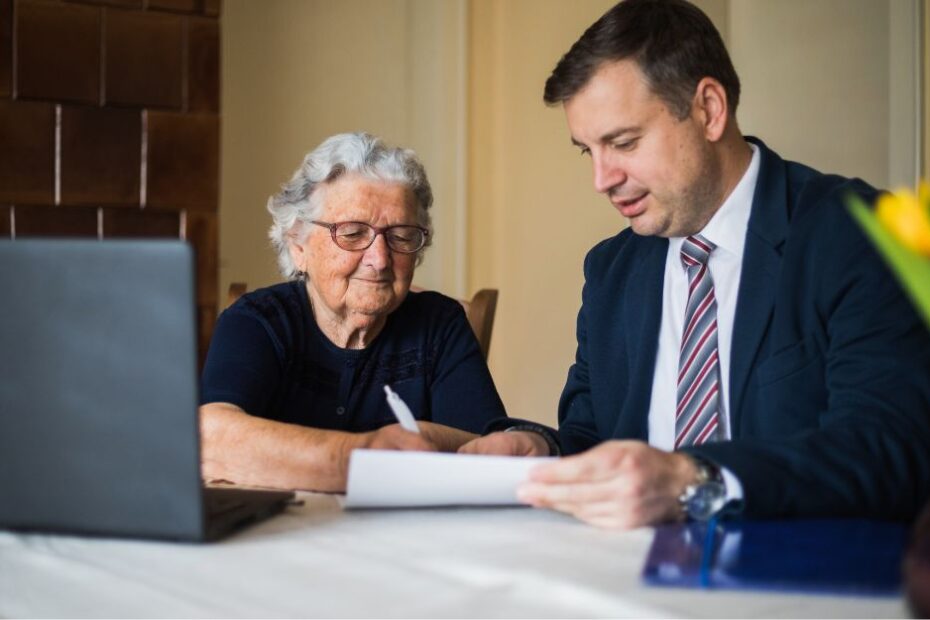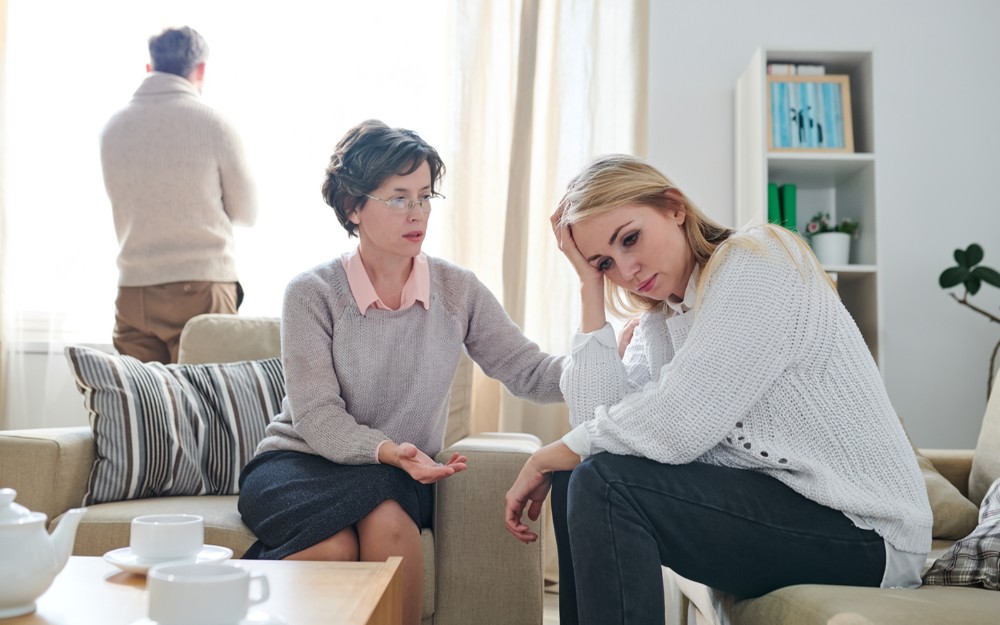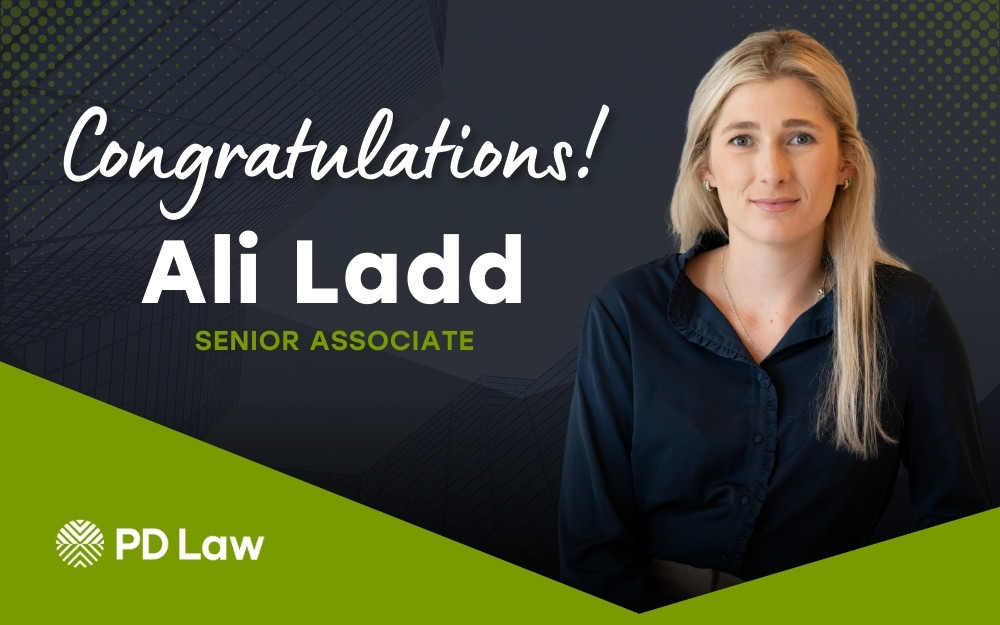We recently covered about 2500 kilometres on a family driving holiday. It was a long, long way, but we broke the trip up with a few sleep overs, the obligatory travelling games, and we took turns at playing DJ on Spotify. Complaints about my music were drowned out by volume.
We also listened to a few podcasts. One in particular moved me profoundly. It was about a remarkable young woman who back in 2011, whilst some 60 km’s into a 100km ultra marathon race in the remote Kimberly region in Western Australia, was caught in an isolated gorge with a forest fire closing in. Her burns were extreme and life threatening, and her life changed irreversibly. Part of her treatment involved massive skin grafts, and if not for donor skin tissue she would have died.
What struck me was that the donor tissue had to be rushed in from the United States as there was insufficient tissue available in Australia. I found it unbelievable that there was no donated skin tissue available in the whole country, and this person may have died had she not been able to get some urgently dispatched from overseas (which in turn brought about its own raft of bureaucratic hurdles to jump).
I also realised that I have for the most part been a passive, even apathetic, observer in the organ donation conversation. Here I am in a law firm where we see literally hundreds of people each year to discuss and draft their wills, and we ask them the question whether they want to donate their organs when making their will. Typically lawyers don’t proffer a view as to whether someone ought donate or not and we manage to hide behind the clichéd argument that it’s matter of personal choice and none of our business, so if people say they’ll have a think about it we don’t press them any further.
Some are worried about still being alive and not trusting the medical profession to properly advise or consult with family, others cite religious beliefs, others think they’re too young, too old, too unfit, too unwell. In my experience in raising the issue with people over the last 20 + years, many simply don’t want to talk about it, and I totally understand this: it conjures unpleasant thoughts.
The excuses we all come up with appear pretty thin.
I think we need to shift our way of thinking:
- First, don’t think so much of being the one donating, think of being the one, or having a loved one, in urgent need of a donation. My bet is that faced with the grim alternative, we’d all be desperate for a donation. We’d be hoping that someone did more than just talk and then ignore it like we might have;
- Secondly, and this is something that is gaining traction globally, donation needs to be more of a cultural norm. Get in the car and put on your seat belt. Get on the bike and put on your helmet. Opt in to donate organs.
The irresistible truth is that most of us agree in principle with donation but probably do nothing about it. I’m certainly guilty of this. Short of needing a transplant for yourself or a loved one, it’s just not going to make it onto your to do list.
So here’s the challenge: we are claiming Friday the 5th of August (which just so happens to be during Donate Life Week) as the PD Law team organ donor sign up date. Between now and then each of our team will be discussing the issue with their loved ones, getting themselves informed, and making a conscious decision one way or the other, to get off the proverbial fence.
We invite you to join us, mark it in your calendar too. Don’t put it off. Go to the organ donor web site here and check out the Discover, Decide and Discuss links on the right hand side. It’s very informative.
And if you want to be inspired by the strength that some people possess, have a listen to Turia Pitt’s story here when she was interviewed by ABC’s Richard Fidler.




